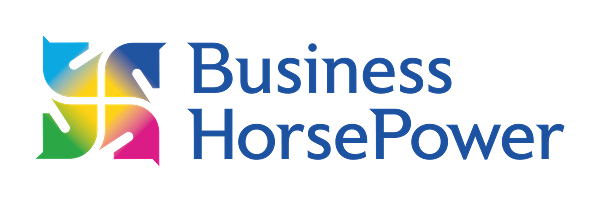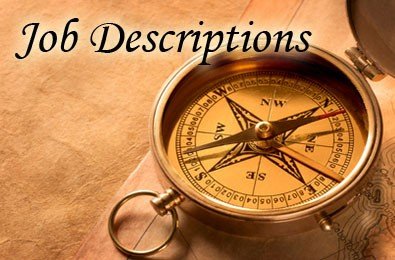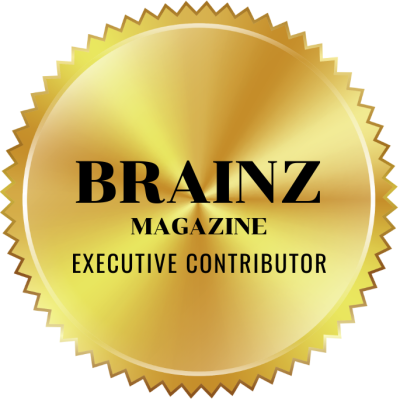What if I told there are 8 different personality types and each profile has specific strengths they can bring to your business? Would you put people in the right roles for their profile.? I bet you would because that would bring massive efficiencies in the business and make productivity and profitability increase.
So why is it that time and time again I come across people working in the wrong roles – ones that don’t utilize their strengths – or where they can’t add real value to the team?
One of the reasons for this is that in my opinion most job descriptions are fundamentally flawed. We want team members to undertake a myriad of tasks that are diametrically opposed and require very differing skills sets.
Talent Dynamics is a business development tool that identifies that within everyone there are four different frequencies and each person has a preference for one type of frequency. Maybe you are a:
- Dynamo: energized, dynamic and great at getting things started. Getting things finished can be a challenge
- Blaze: passionate, outgoing, great at networking and meeting new people. Easily distracted by the task at hand
- Tempo: compassionate, great team player and reliable at getting things done with the team. Other seeks direction from others
- Steel: orderly, systems orientated with a good eye for detail, strong at completing. Can find it difficult to start new things.
Given our redisposition towards one of these frequencies can you now see how a job description that requires someone to create the strategy and have a big picture perspective (dynamo energy) will struggle with customer follow up and attention to detail (much more a tempo/steel activity).
Let me give you an example of a job description for a secretary that I have just pulled from the web. Look at all the different types of frequencies that the role requires.
- devising and maintaining office systems; (dynamo)
- booking rooms and conference facilities; (tempo)
- using content management systems to maintain and update websites and internal databases; (steel)
- attending meetings, taking minutes and keeping notes; (tempo)
- managing and maintaining budgets, as well as invoicing; (steel)
- liaising with staff in other departments and with external contacts; (blaze)
- liaising with colleagues and external contacts to book travel and accommodation; (tempo)
- organising and storing paperwork, documents and computer-based information; (dynamo)
- recruiting, training and supervising junior staff and delegating work as required; (blaze)
- manipulating statistical data; (steel)
Wow, not only is that a lot to cover but it requires someone with super human powers as it is simply impossible for someone to have strengths in all these areas.
When we ask team members to work across the different frequencies it is challenging for them and they certainly don’t deliver the most value to the business. Often they end up stressed doing the parts of the role that don’t resonate with them, or in the worst cases they don’t do this part of the role at all.
I remember when I was leading teams in the corporate world how at every staff appraisal I used to get team members to focus on developing the areas they were weakest at. This was before I had been exposed to Talent Dynamics. I now realize that if my data manager (who had a lot of Blaze energy) had been allowed to shine by engaging and motivating my team members how much more valuable she would have been to the team than left analyzing data which is a very steel type activity (and one she hated and to be fair wasn’t that great at).
And with my own role I loved it to begin with creating a new department and designing a new innovative product. My dynamo energy was ignited and I was on fire creating a pioneering solution for the hospitality industry. Contrast that with later in my career when I had grown the business to be the global market leader in its niche. My role changed and instead of creating new solutions I was charged with managing the team – a real blaze role – and one that I did not relish. My value to the company diminished as I was not fulfilling my potential since I wasn’t doing what I was naturally gifted to do.
I hope you now see how often we design roles for people that they can never really succeed at. A better approach would be to ensure that you have a number of different roles in the team that cover all the different frequencies. And ensure that people are working in the roles that best resonate with their natural strengths.
Also, beware of always hiring people like you as you will just get more of the same and the tasks that you don’t like doing still won’t get done as they are not the natural skill sets of the person you hired. This is exactly what I experienced recently working with a client in the media sector. All the people in the team were super creative types with lots of dynamo and blaze energy and there was very little steel and temp energy in the group. The result was that the team weren’t good at managing the finances of the group or mastering follow up.
Just like a wheel of life there needs to be a balance of these different energies in your business. Have a look at your business now and the roles that you have identified for your team members. Do they need refining to better use each individuals skills?
To find out how you can use Talent Dynamics to help you rewrite your job descriptions or help you identify the roles that speak to your natural strengths please feel free to connect with me at Julia@businesshorsepower.com.





